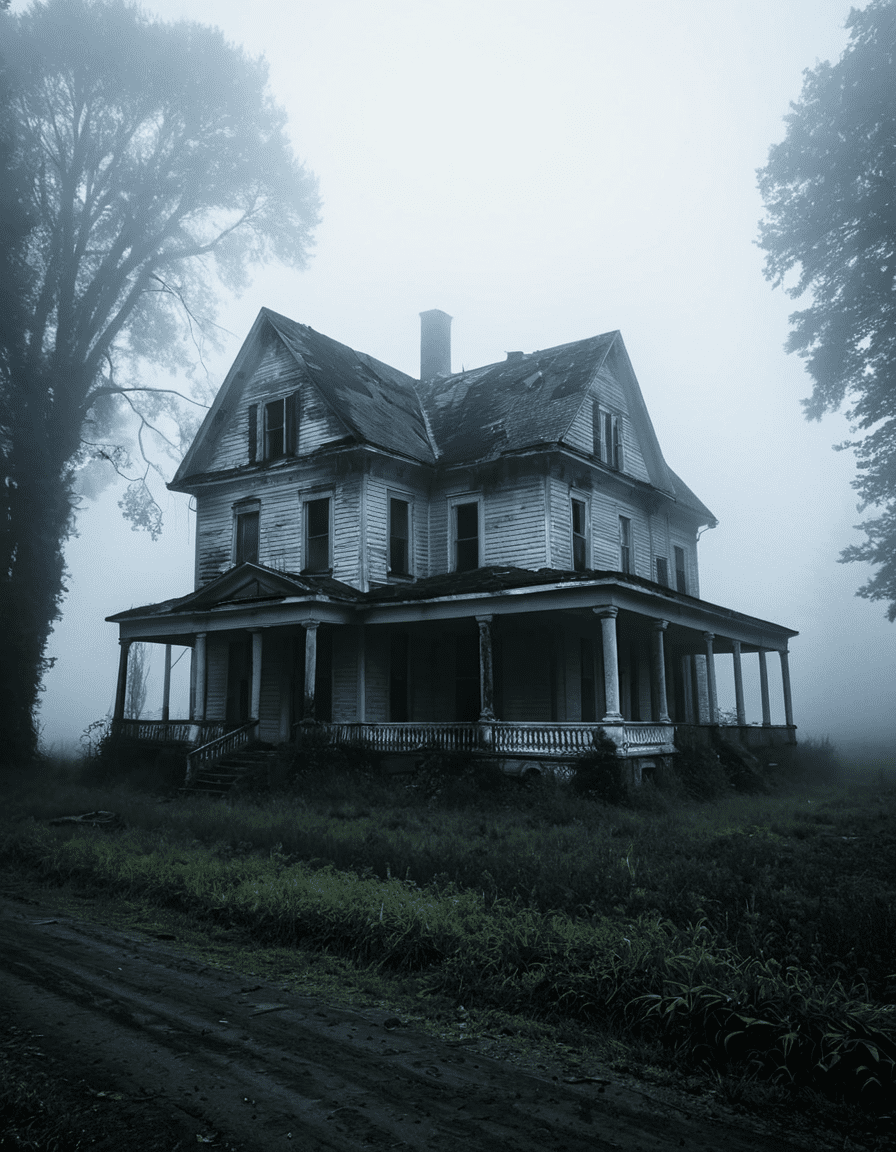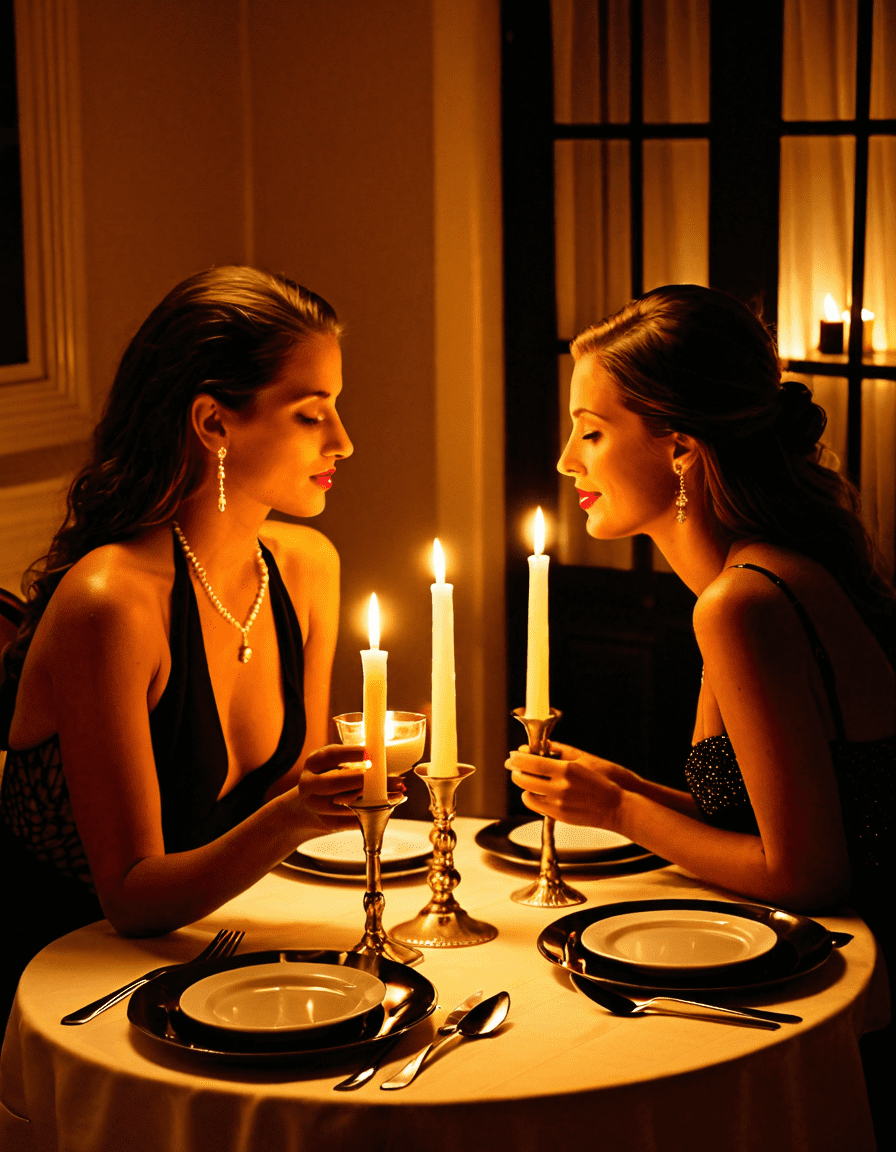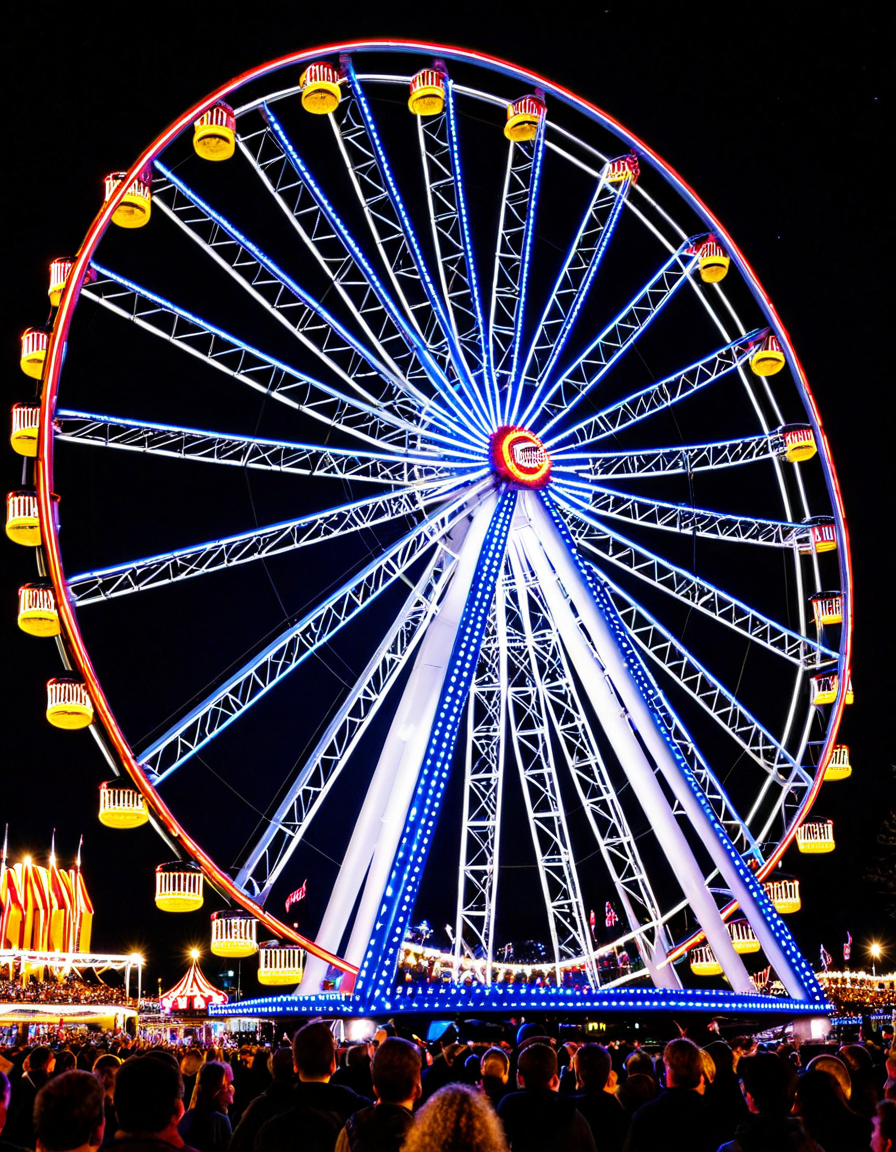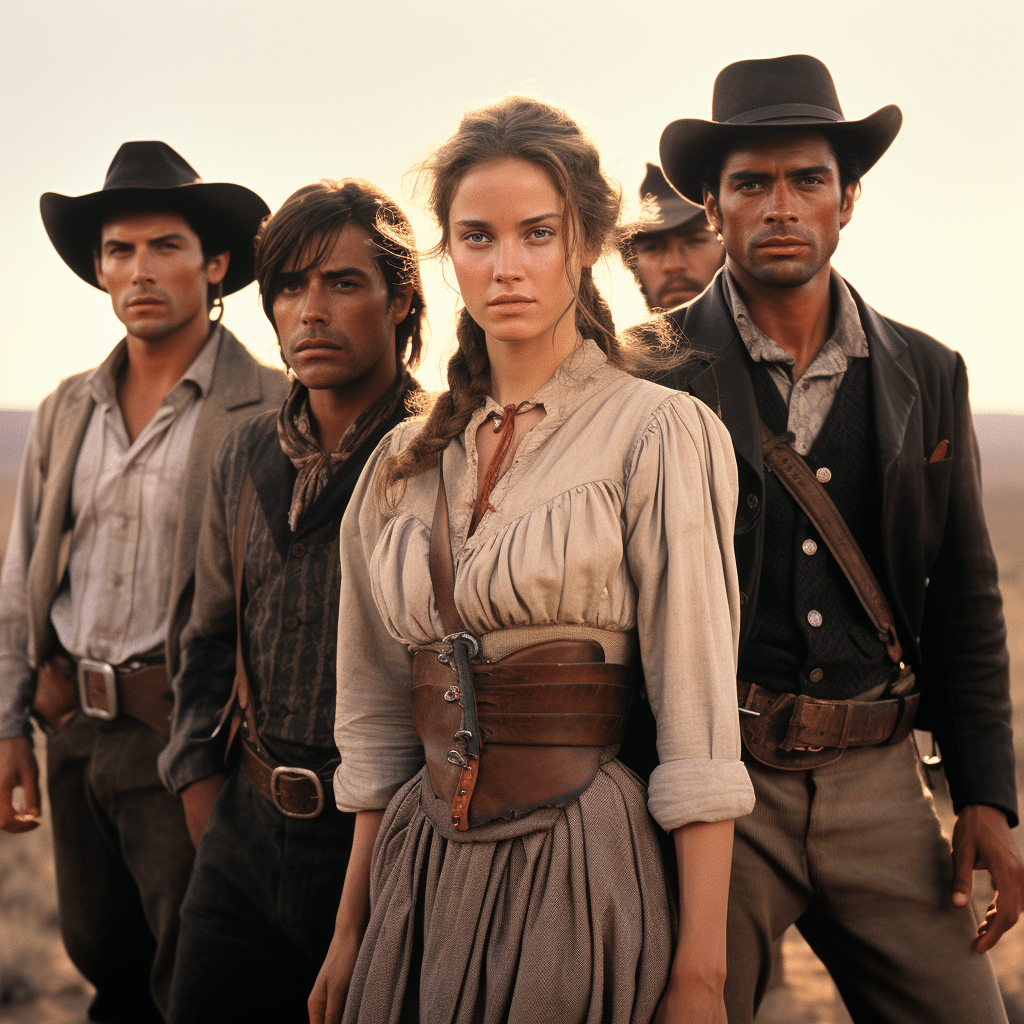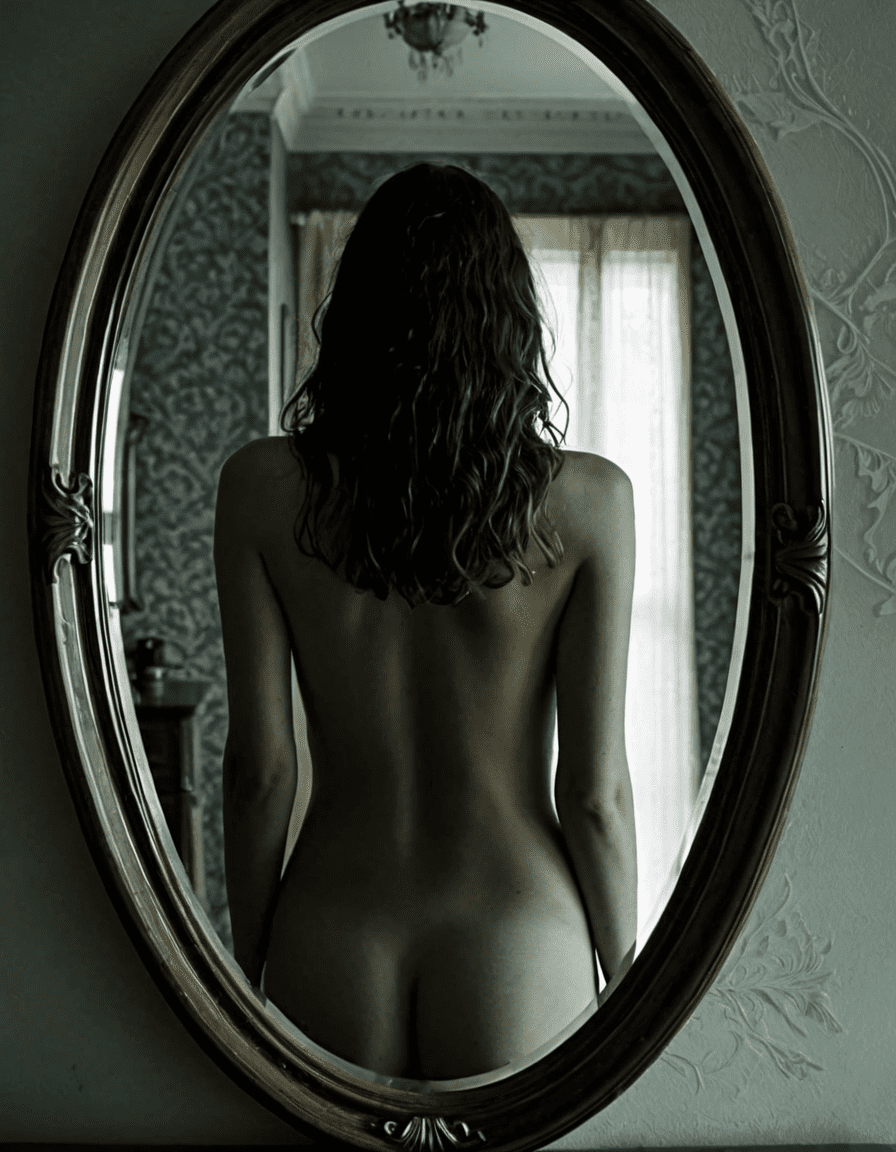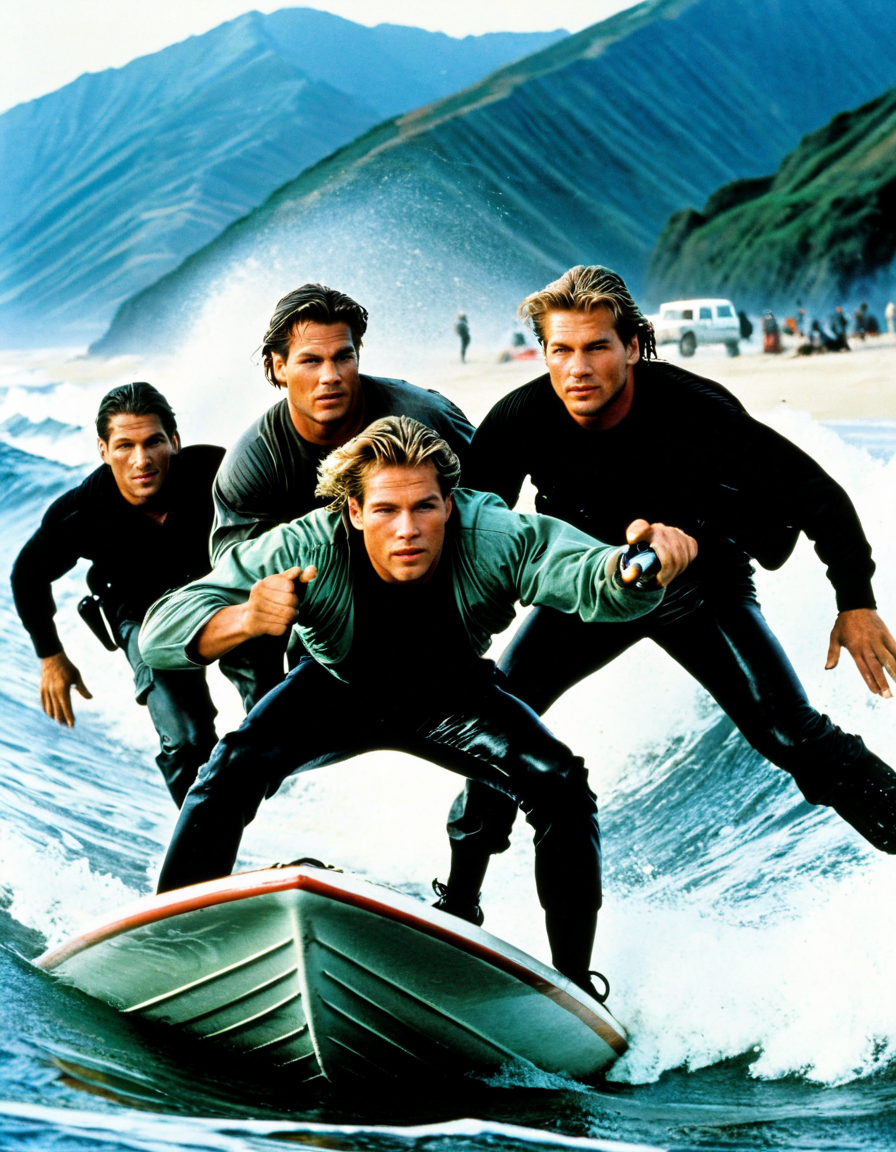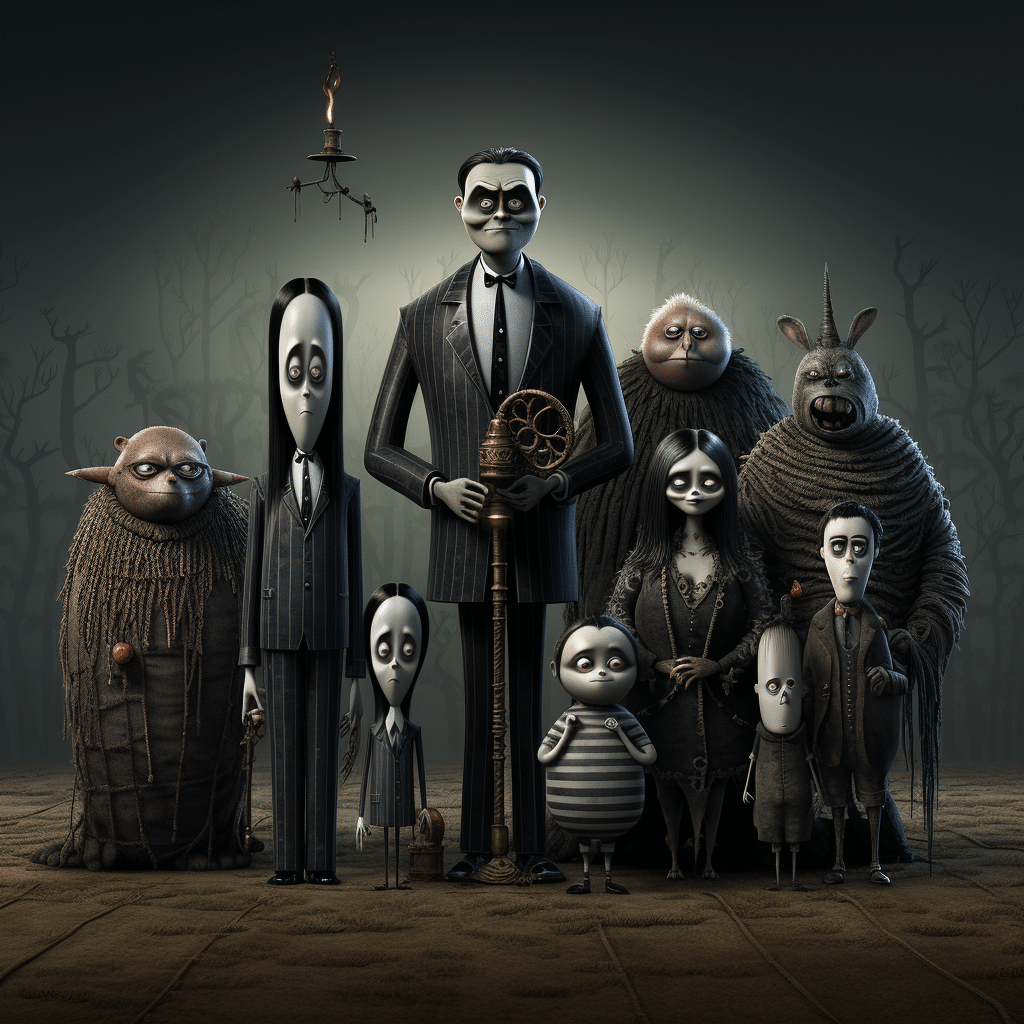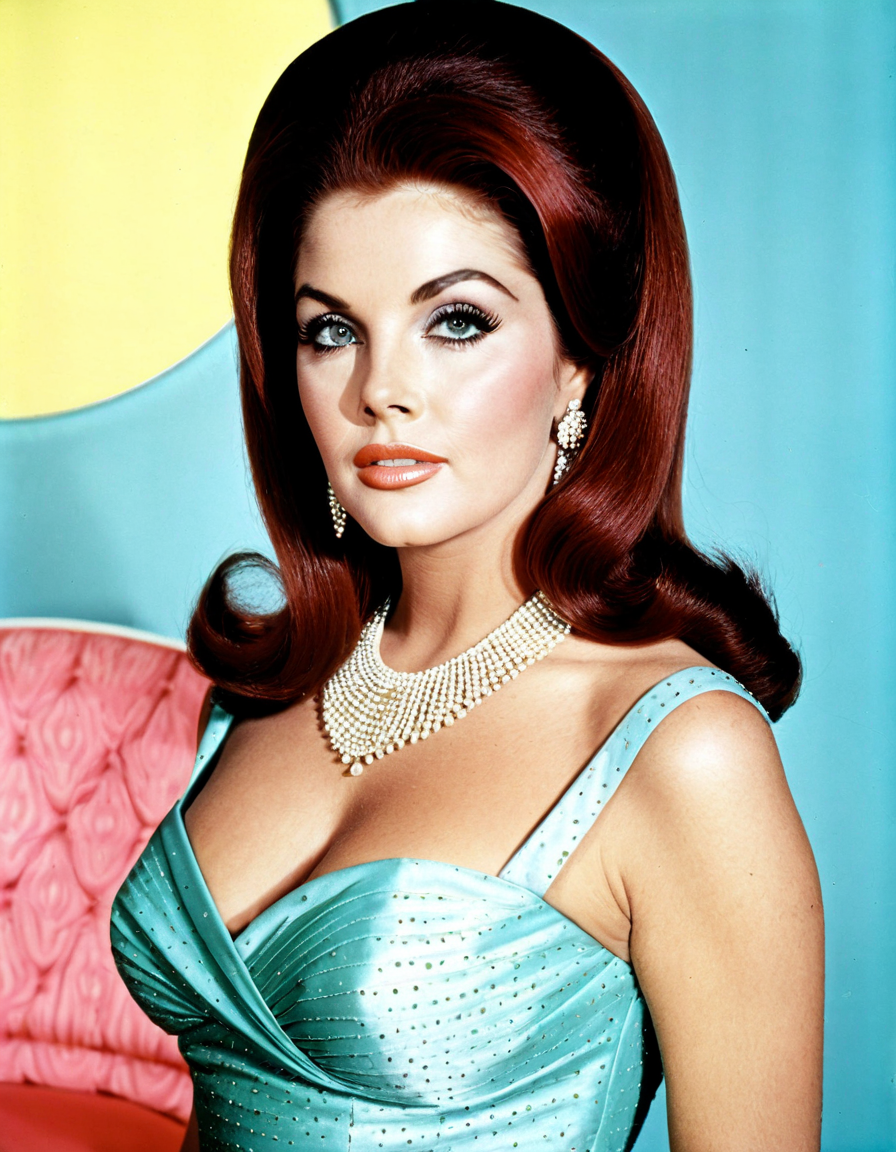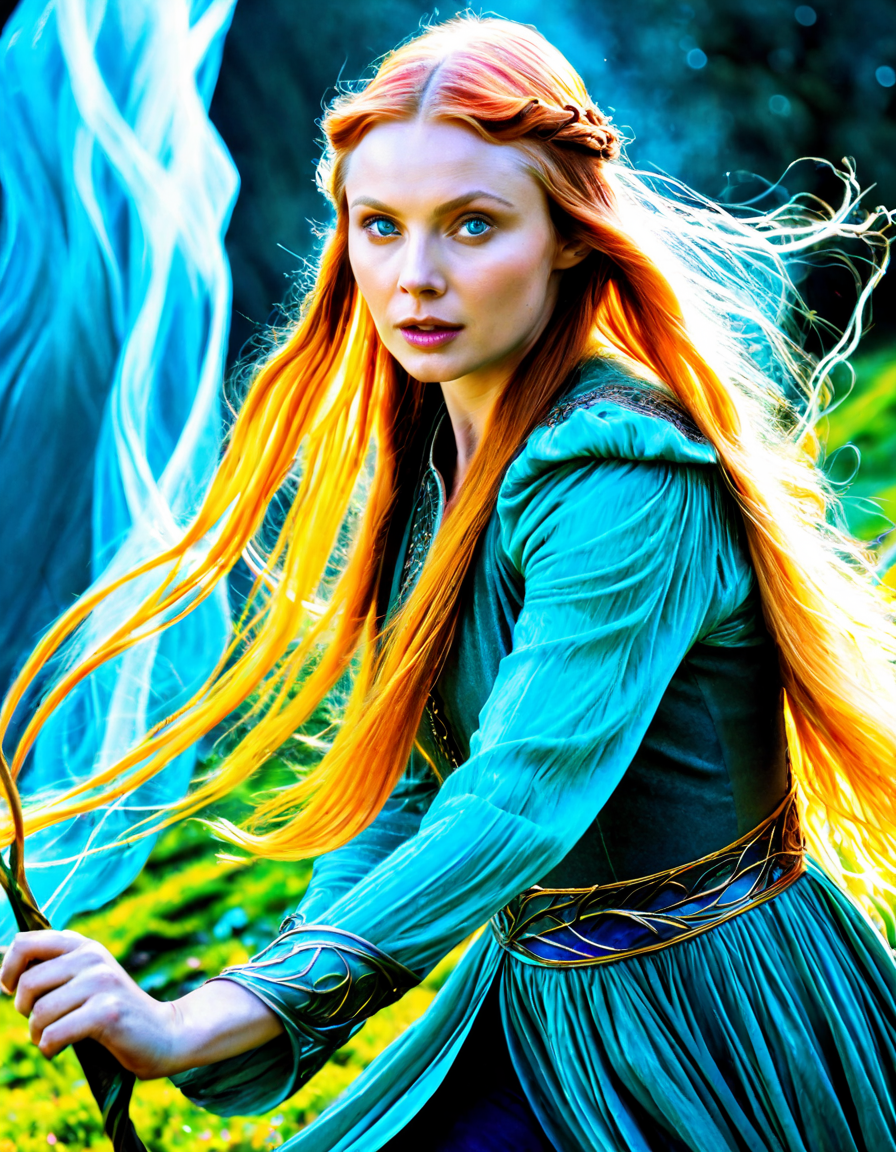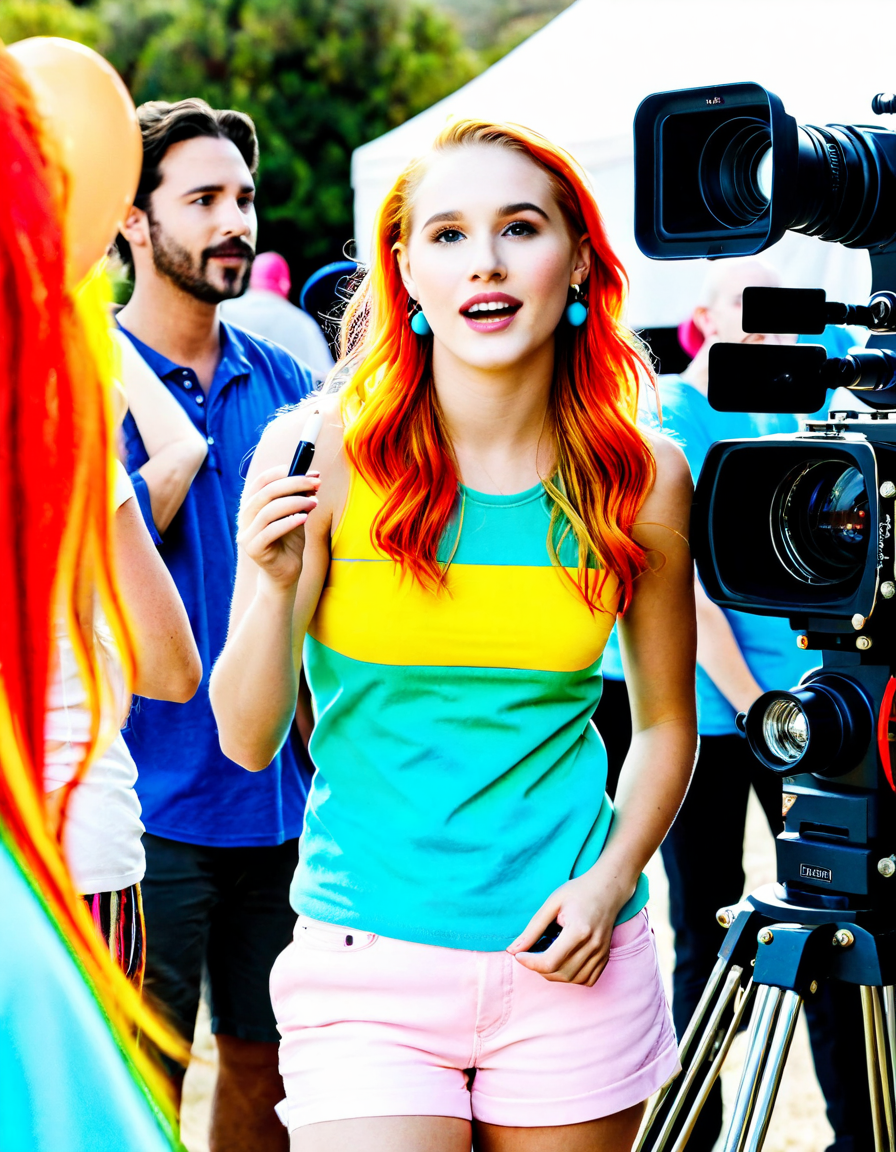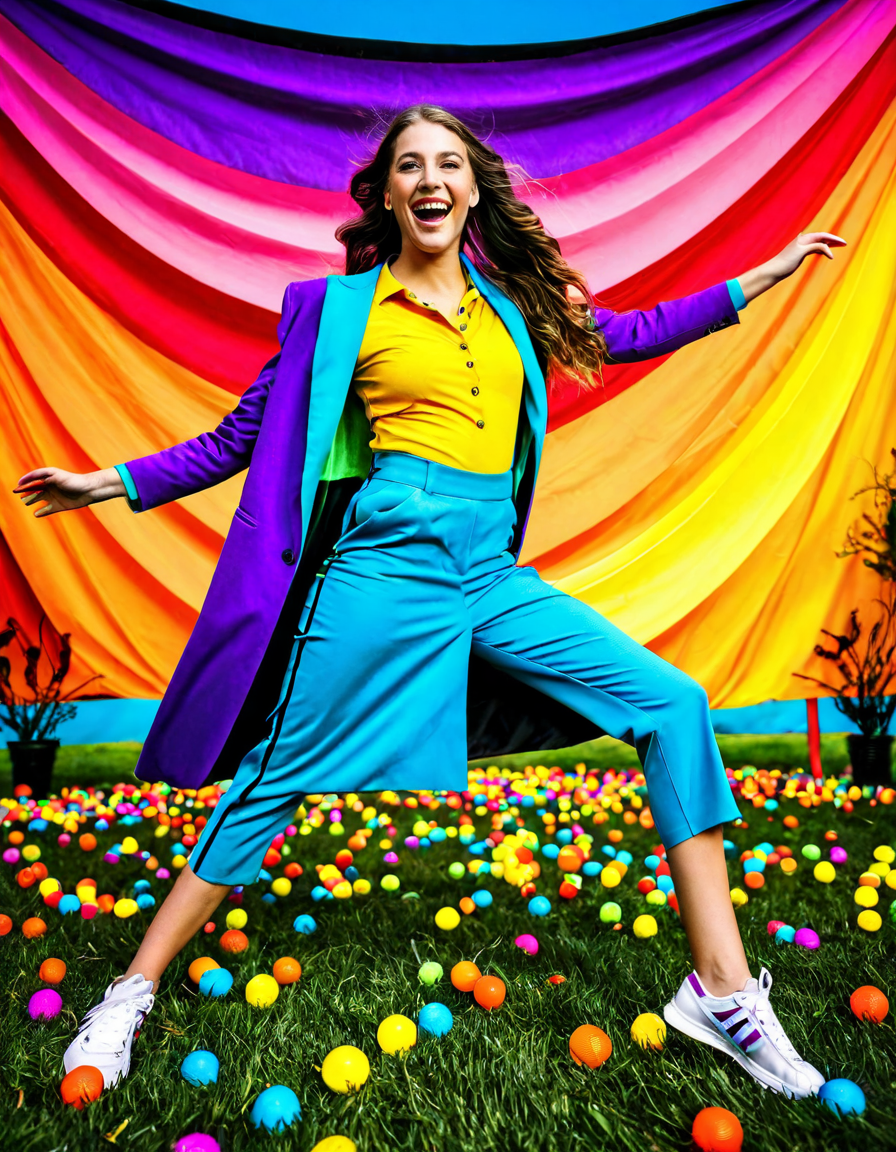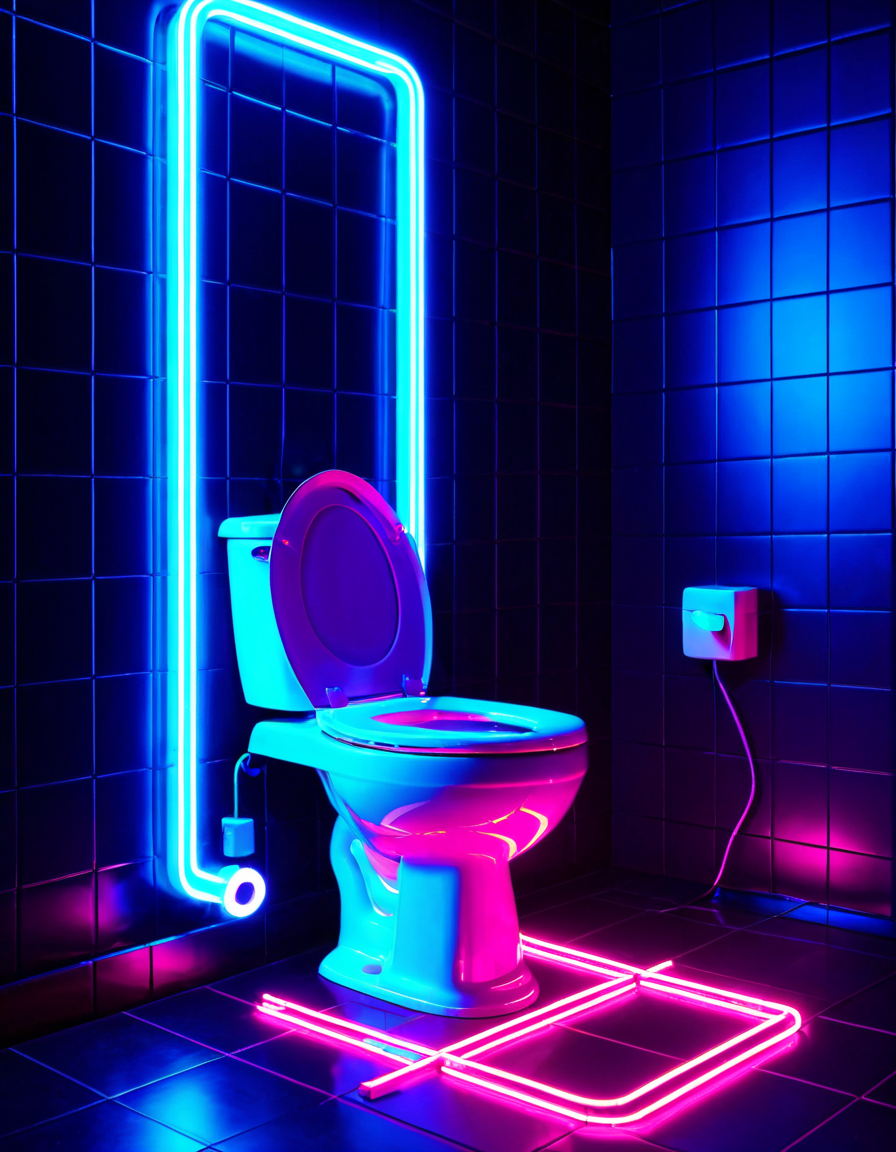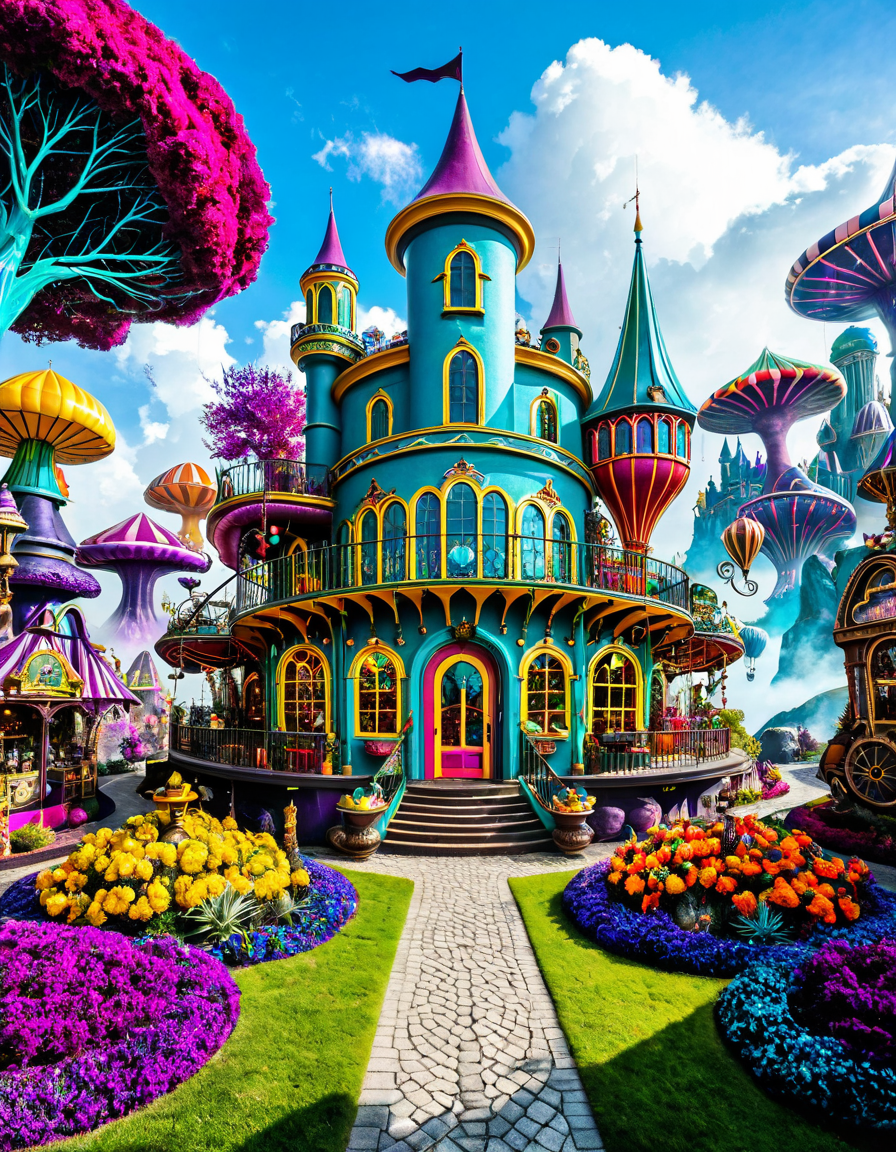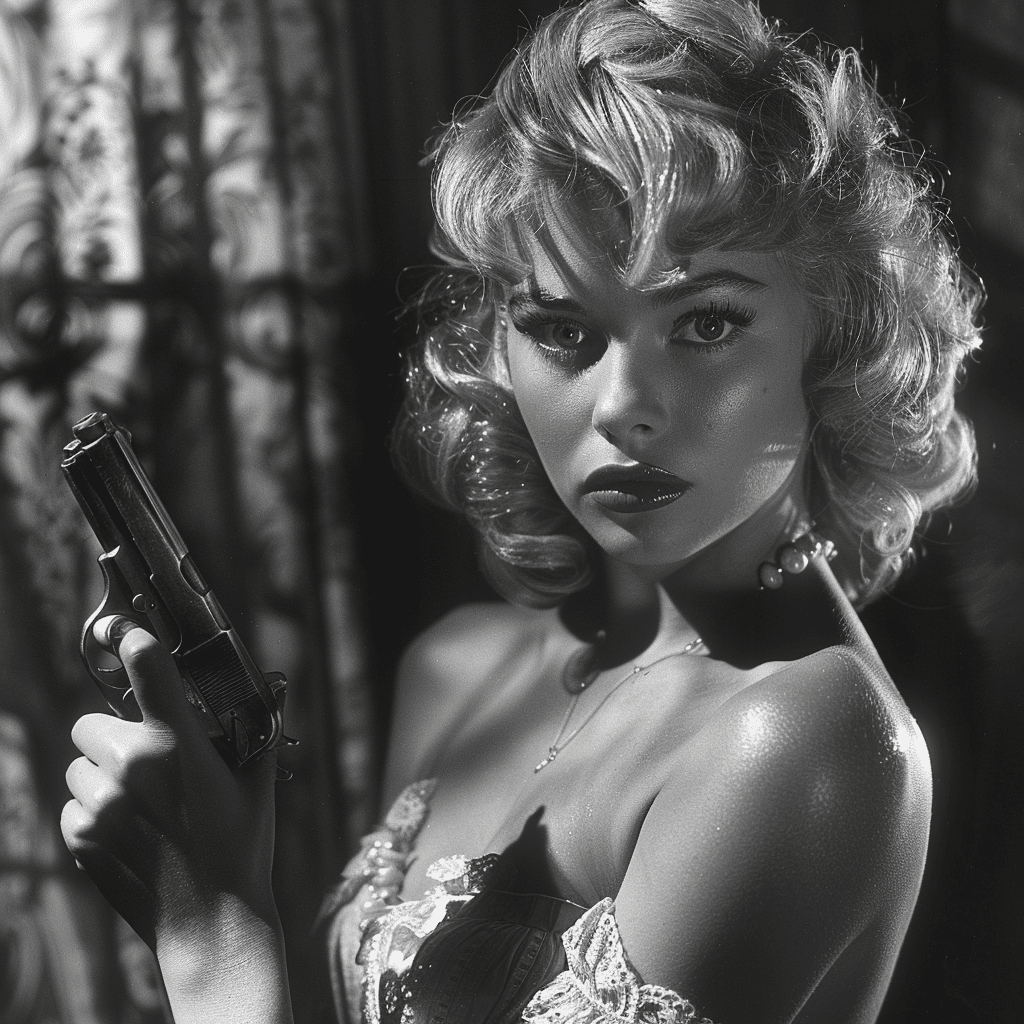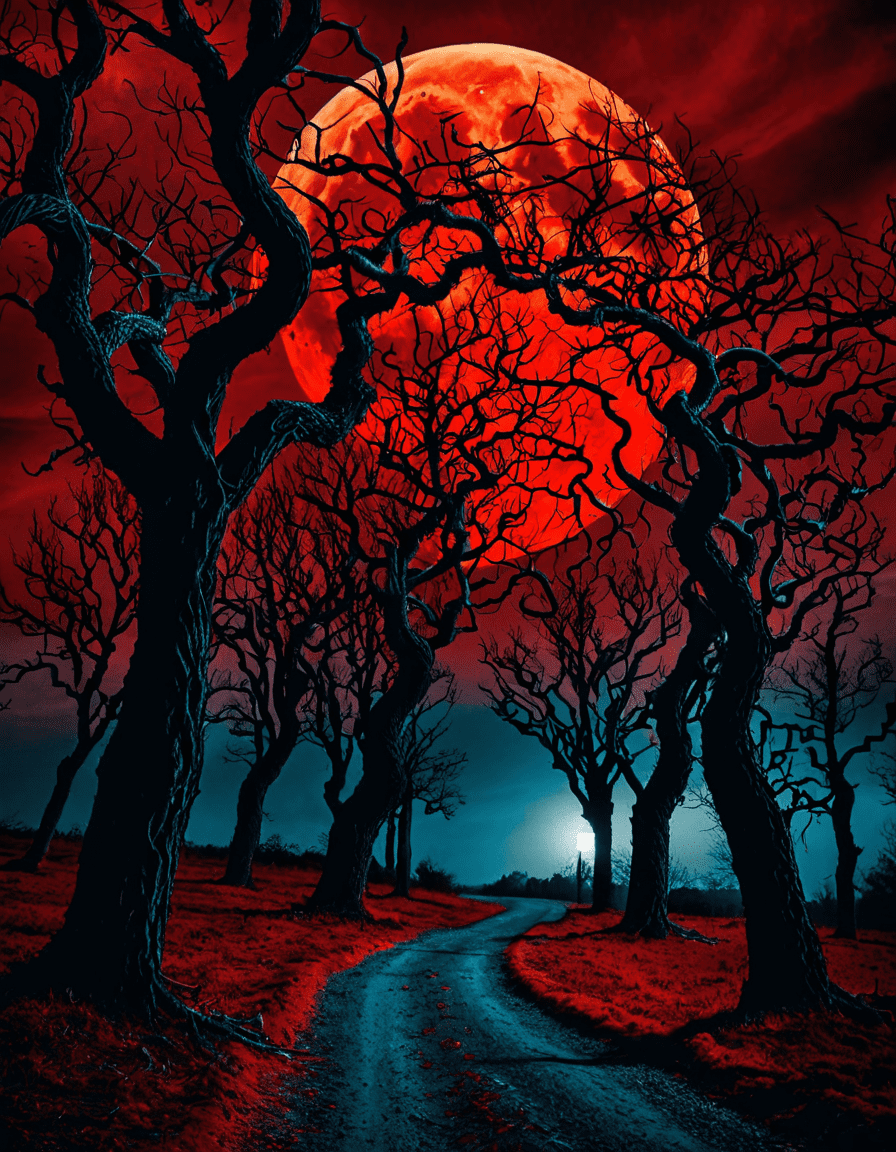
The Allure of Psychological Horror Movies
Psychological horror movies tap into something deep within us, creating an atmosphere of unease that clings to our thoughts long after the final scene fades. Unlike traditional horror films that pound viewers with excessive jumpscares and blood, these films dig deep into the human psyche, confronting themes such as fear, obsession, and the nature of reality itself. This deeper exploration often results in a haunting experience that keeps audiences reflecting on what they’ve witnessed, turning casual viewing into a haunting introspection.
The genius of psychological horror lies in its ability to touch on real psychological struggles, making the experience relatable. Viewers find themselves grappling with their own fears as the films peel away layers of sanity, forcing us to confront what terrifies us most. Think about it—who hasn’t felt a sense of dread or unease lurking just beneath the surface? That’s where the true horror lives. Whether it’s the unraveling of a mind, the crushing weight of grief, or the existential crises of modern life, these films resonate profoundly.
From classics like The Shining to contemporary masterpieces like Get Out, psychological horror movies push the boundaries of what true terror looks like. They blur the lines between reality and nightmare, and in doing so, they linger, haunt, and ultimately invite us on a journey through our darkest fears. So let’s dive into the most chilling offerings, shall we?
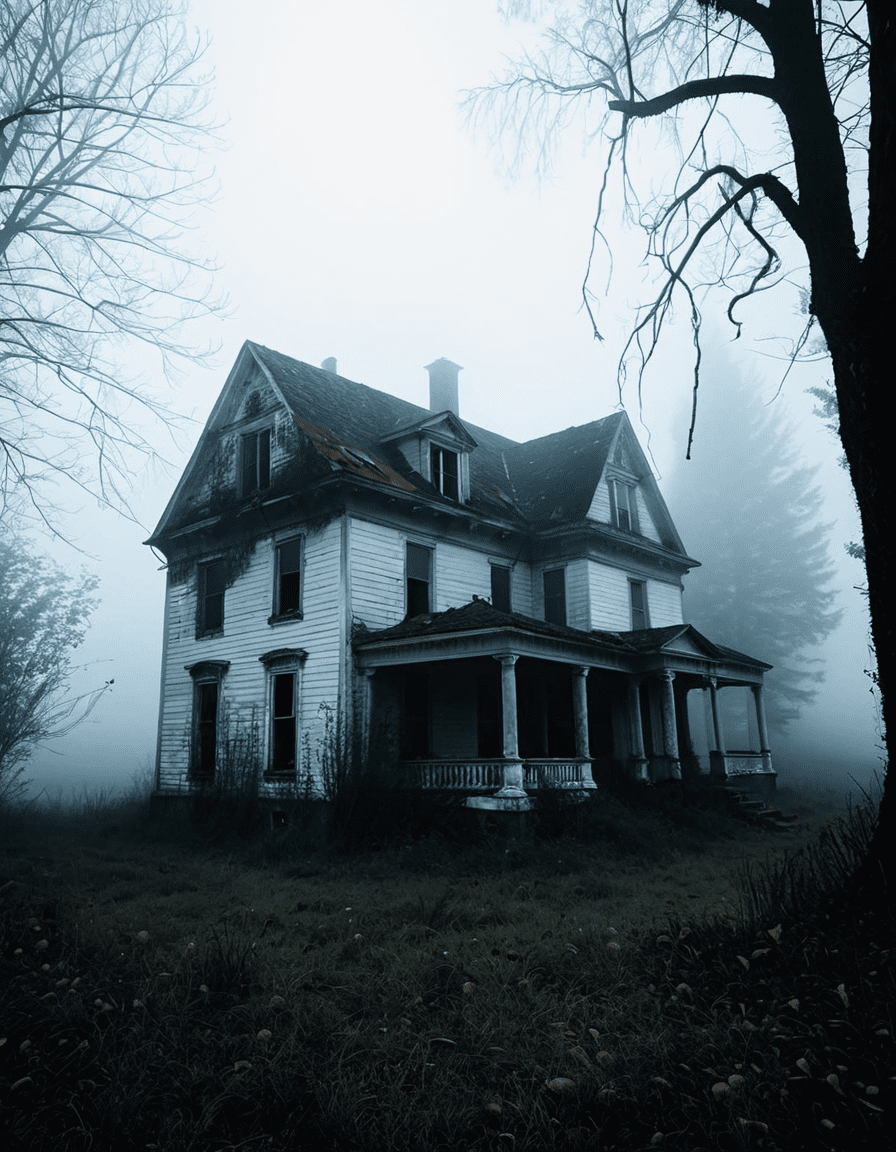
Top 7 Psychological Horror Movies That Haunt Your Mind Forever
1. Hereditary (2018)
Ari Aster’s Hereditary masterfully incorporates themes of loss and family trauma. The film revolves around a family grappling with the weight of grief after the death of their secretive grandmother. Toni Collette’s portrayal of Annie, a mother slowly spiraling over her family’s tragic history, delivers a visceral experience that pushes the notions of sanity to their breaking point. The unsettling imagery and haunting score blend together, creating an atmosphere riddled with dread. It’s a masterpiece of psychological horror that leaves viewers pondering their own familial bonds.
2. The Babadook (2014)
Jennifer Kent’s The Babadook serves as an allegory for mental illness, manifesting grief and unresolved trauma in a disturbingly symbolic way. The titular character—a monster from a children’s book—delivers terror but also becomes a catalyst for the protagonist’s realization of her mental struggles. The narrative explores how suppressed feelings can morph into something monstrous, challenging audiences to confront their own fears. How many of us have felt the suffocating grip of grief? Kent’s film resonates on a personal level, making fear palpable and introspective.
3. Black Swan (2010)
At first glance, Darren Aronofsky’s Black Swan may come off as a dance movie, but it delves deep into the realm of psychological horror. Portraying the cutthroat world of ballet, the film tracks Nina (Natalie Portman) as she teeters on the edge of madness under intense pressure. The duality of her character, balancing between the innocent girl and the seductive dark swan, reflects the extremes of ambition and obsession. As the tension escalates, viewers witness Nina’s unraveling—an illustration of how the pursuit of perfection can lead to one’s own destruction. It’s a spine-tingling reminder of the psychological toll of expectations.
4. Midsommar (2019)
Ari Aster’s Midsommar cleverly subverts the typical horror genre with its vibrant aesthetics and unsettling exploration of relationships. Set during a quaint summer festival, the beauty of the scenery stands in stark contrast to the film’s shocking revelations about human sacrifice and coping with grief. The protagonist, Dani, embarks on a transformative journey that prompts viewers to question the boundaries of love and loss. It’s a coming-of-age story, but wrapped tightly in a psychological horror framework that deliberately challenges our perceptions of horror. Just like the sun that never sets in the film’s backdrop, the dread slowly creeps in, consuming the narrative whole.
5. The Shining (1980)
Stanley Kubrick’s adaptation of Stephen King’s The Shining is an absolute cornerstone in psychological horror cinema. The isolation of the Overlook Hotel becomes a character in its own right, pushing Jack Nicholson’s Jack Torrance into madness. Through powerful imagery and a slow-burn pacing, Kubrick paints a haunting landscape where reality blurs with supernatural horrors. As Jack descends into insanity, viewers witness the fragility of the human mind under pressure, making it essential viewing for horror enthusiasts seeking depth in terror.
6. Perfect Blue (1997)
This groundbreaking anime directed by Satoshi Kon delivers a spine-chilling narrative that critiques fame and identity. Perfect Blue blurs the lines between the protagonist’s public persona and her inner turmoil. As she struggles with her obsession over public perception, viewers grapple with the frightening implications of celebrity culture. This melding of reality and delusion resonates with modern audiences, highlighting the horrors of losing oneself in the pursuit of fame. In today’s social media-laden environment, this cinematic treasure remains shockingly relevant.
7. Get Out (2017)
Jordan Peele’s Get Out transcends traditional horror by intertwining psychological manipulation with a sharp critique of systemic racism. As Chris, portrayed by Daniel Kaluuya, finds himself trapped in a horrifying scenario involving the privileged white community, the psychological horror builds to a fever pitch. Peele deftly addresses social issues while maintaining a gripping narrative filled with masterful suspense and insight. This film doesn’t just scare; it demands viewers reflect on societal norms, setting it apart from typical horror fare. The dialogue sticks with you long after the credits roll, a true mark of haunting cinema.
The Crossroads of Psychological Horror and Other Genres
Exploring the intersections of psychological horror with other genres reveals fascinating dynamics that contribute to its depth.
Merging Genres for Deeper Impact
By combining psychological horror with themes from other genres, filmmakers can craft deeper, more reflective experiences. The madness of isolation in The Shining or the devastating effects of fame in Perfect Blue highlight the potent exploration of fear and the human condition. As cinematic boundaries blur, audiences find themselves drawn into stories that simultaneously entertain and provoke thought.
Reflections on the Haunting Power of Psychological Horror
Psychological horror movies forge an intimate connection between viewer and narrative, delving into the intricate landscapes of the human mind. By peeling back layers of mental anguish, trauma, and existential dread, these films provoke unsettling reflections that linger long after the screen fades to black. As filmmakers strive to push through boundaries of fear, psychological horror remains a profound medium for examining what truly haunts us.
It’s thrilling to witness how psychological horror has evolved into a canvas for exploring the depths of human emotion. Mind-bending and heartbreakingly relatable, these films ultimately achieve their aim: to remain in our thoughts, haunting us with emotional resonance that extends well past the cinematic viewing. Whether it’s uncovering familial turmoil like in Hereditary or confronting societal norms as in Get Out, these psychological horror movies encapsulate the very essence of what makes us human—our fears, our struggles, and the ever-present specter of our inner turmoil.
Psychological Horror Movies: The Mind-Bending Genre
Psychological horror movies dig deep into our minds, playing tricks that linger long after the credits roll. Unlike jump scares or gore, these films explore the unsettling facets of human nature, leaving viewers questioning reality. For instance, classic titles often draw inspiration from everyday life experiences, creating a sinister twist. Think about it: the eerie atmosphere of “The Shining” or the psychological unraveling in “Black Swan” taps into our innermost fears, so it’s no wonder these films secure a lasting place in our minds!
The Hidden Inspirations
Interestingly, many psychological horror movies have roots in real-life events or societal fears. For instance, the ominous ambiance in some scenes can evoke feelings similar to those found in cult classics like Mamma Lucia, where the unexplained dances with the bizarre. As audiences dive into these narratives, they often confront their vulnerabilities—much like Jason Biggs in his diverse range of movies, who showcases how personal struggles can lead to unsettling outcomes. It’s a deep-seated reminder that sometimes, the most horrific monsters are not under the bed, but in our heads.
Behind the Scenes
Did you know that the meticulous crafting of psychological horror often involves celebrated filmmakers who are as enigmatic as their films? Directors like Alfred Hitchcock often aimed for audiences to feel an emotional tug, manipulating suspense throughout the narrative. This meticulous planning is akin to how the creators of Geometry Dash meticulously designed levels that challenge players while keeping them engaged. In both cases, whether creating scares or challenges, pacing is essential. Curiously, even actors like Ali Macgraw, known for her romantic roles, have dabbled in eerie themes, showing the versatile nature of talent in film.
Psychological horror movies are like a dark window into human behavior, peeling back layers we often keep hidden. Interestingly, fans of this genre can discuss these nuances on platforms where personalities like Michael Knowles share intriguing insights. As viewers immerse themselves in these intricate plots, they might discover that the true horror often lies within, making it clear why these films can haunt our minds long after the viewing experience is over. So, get ready to dive into a chilling journey—if you dare!
